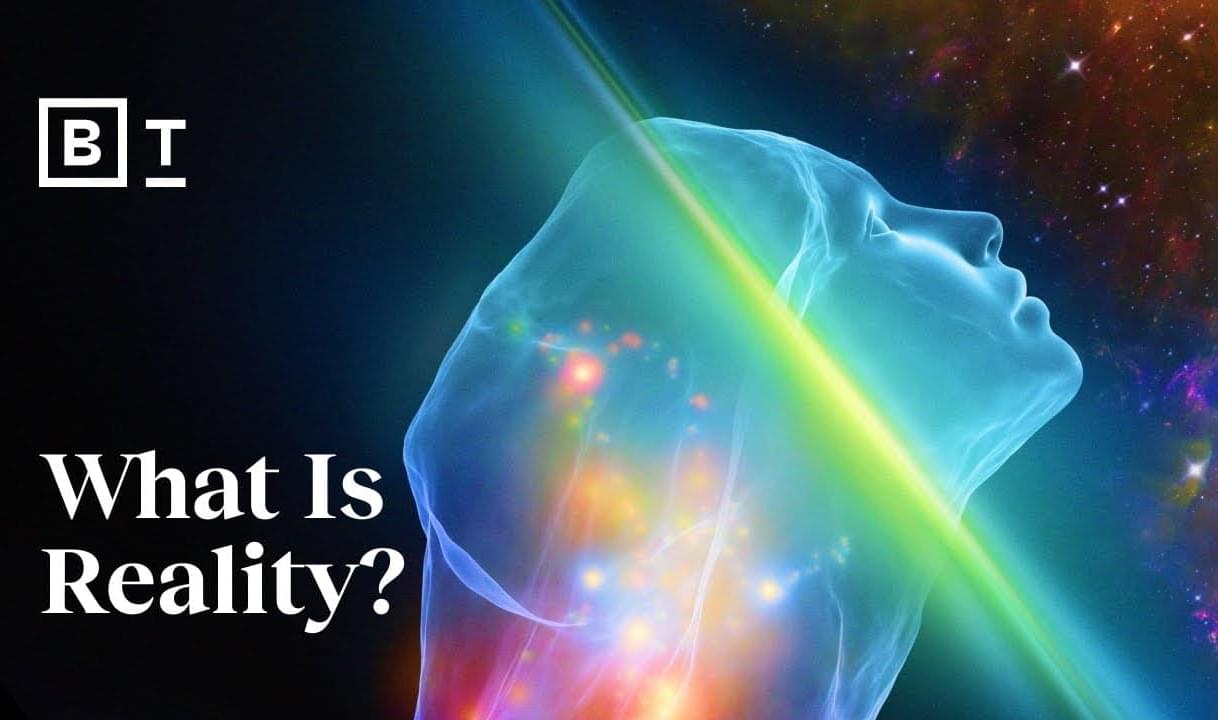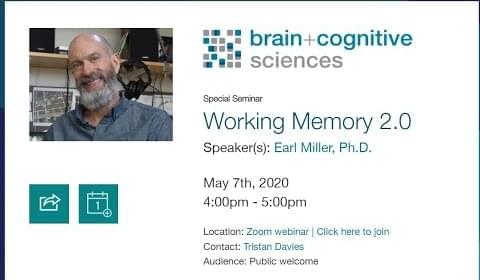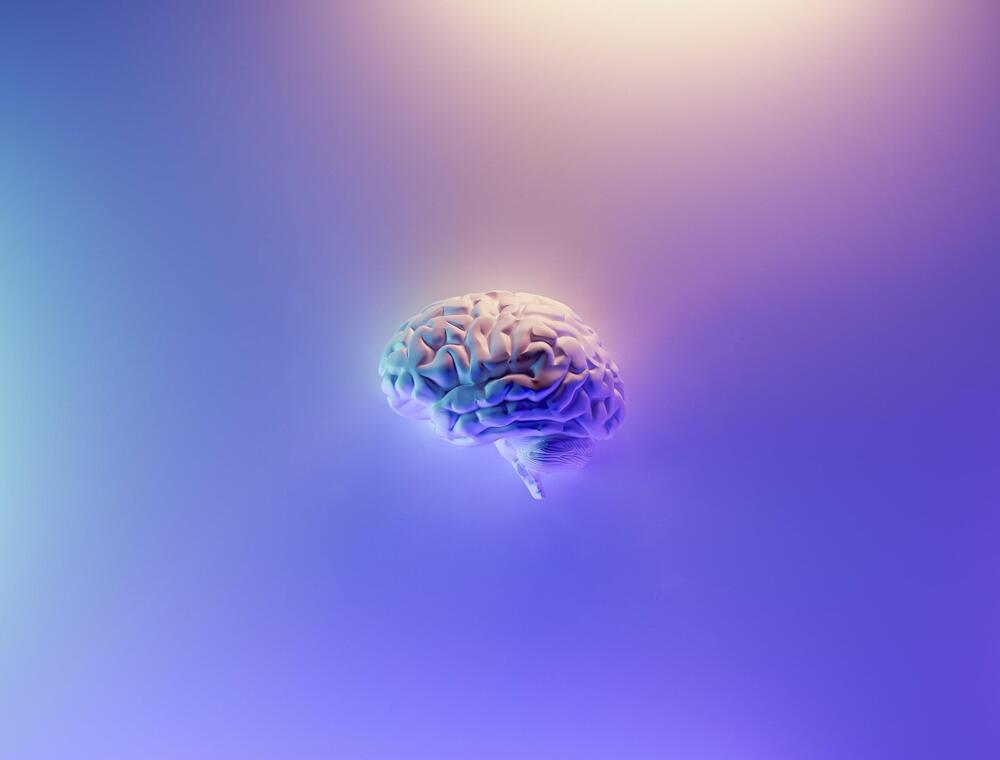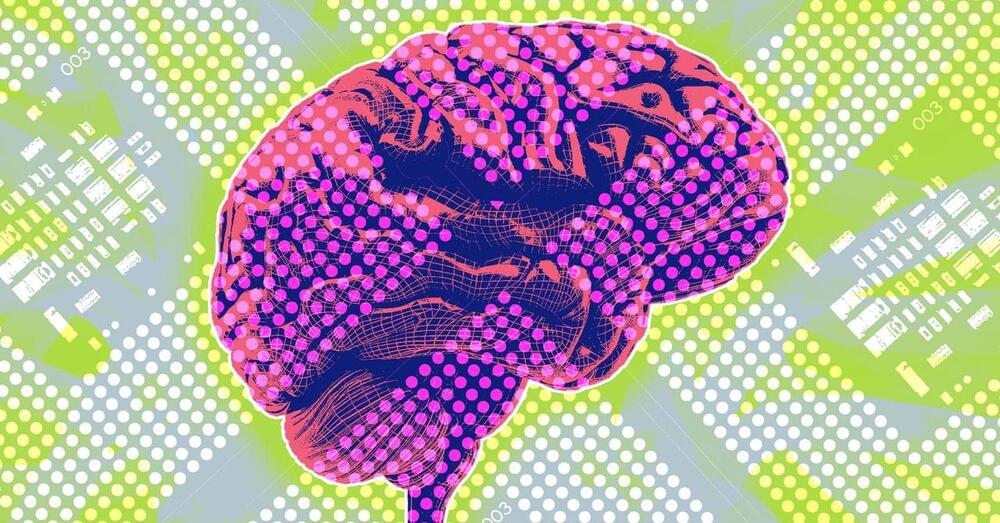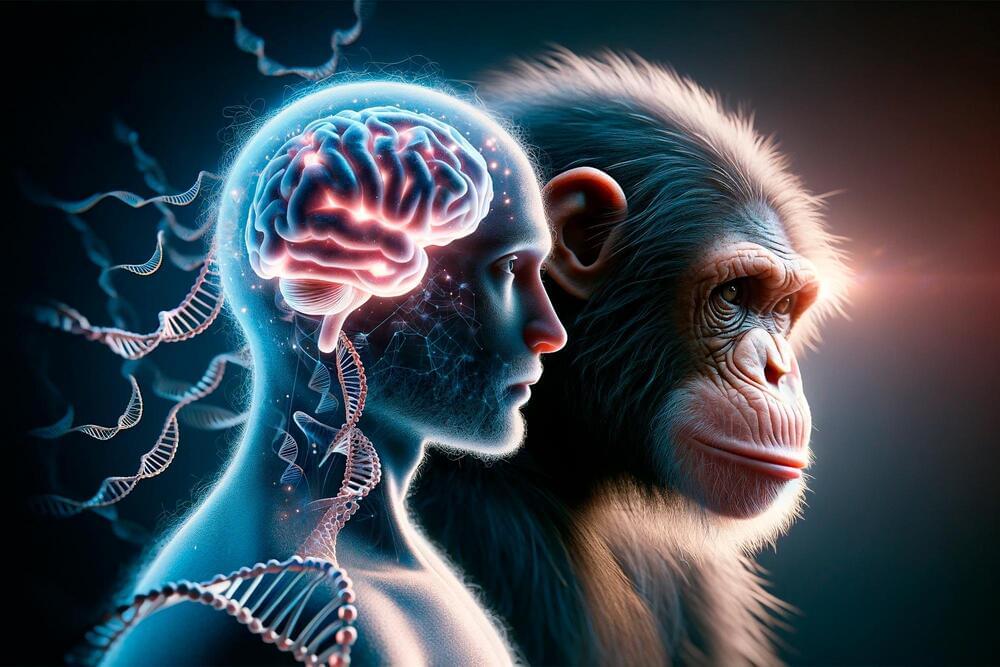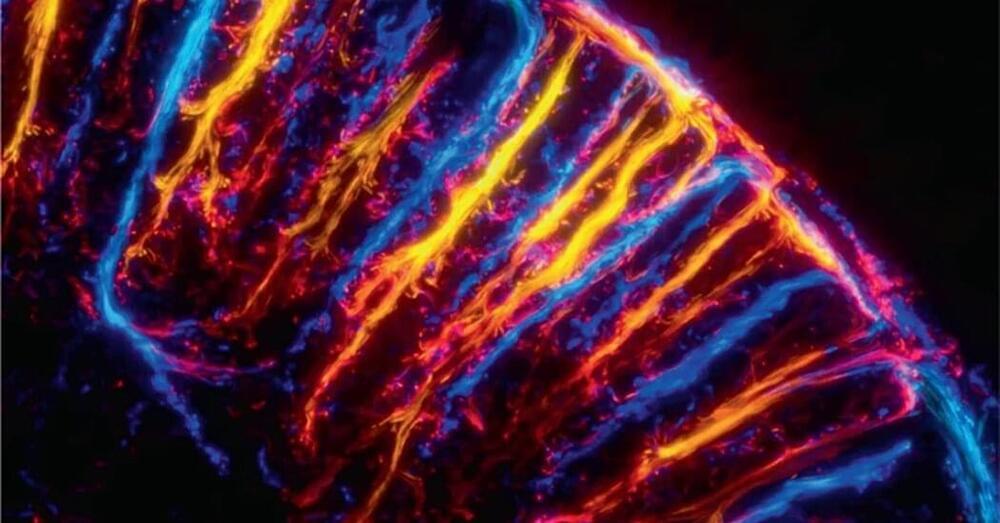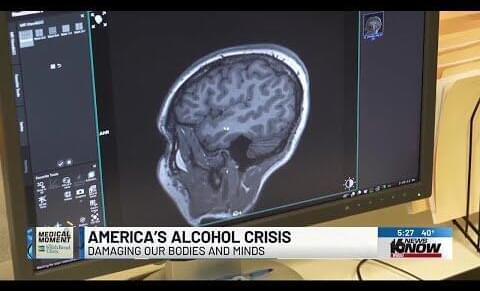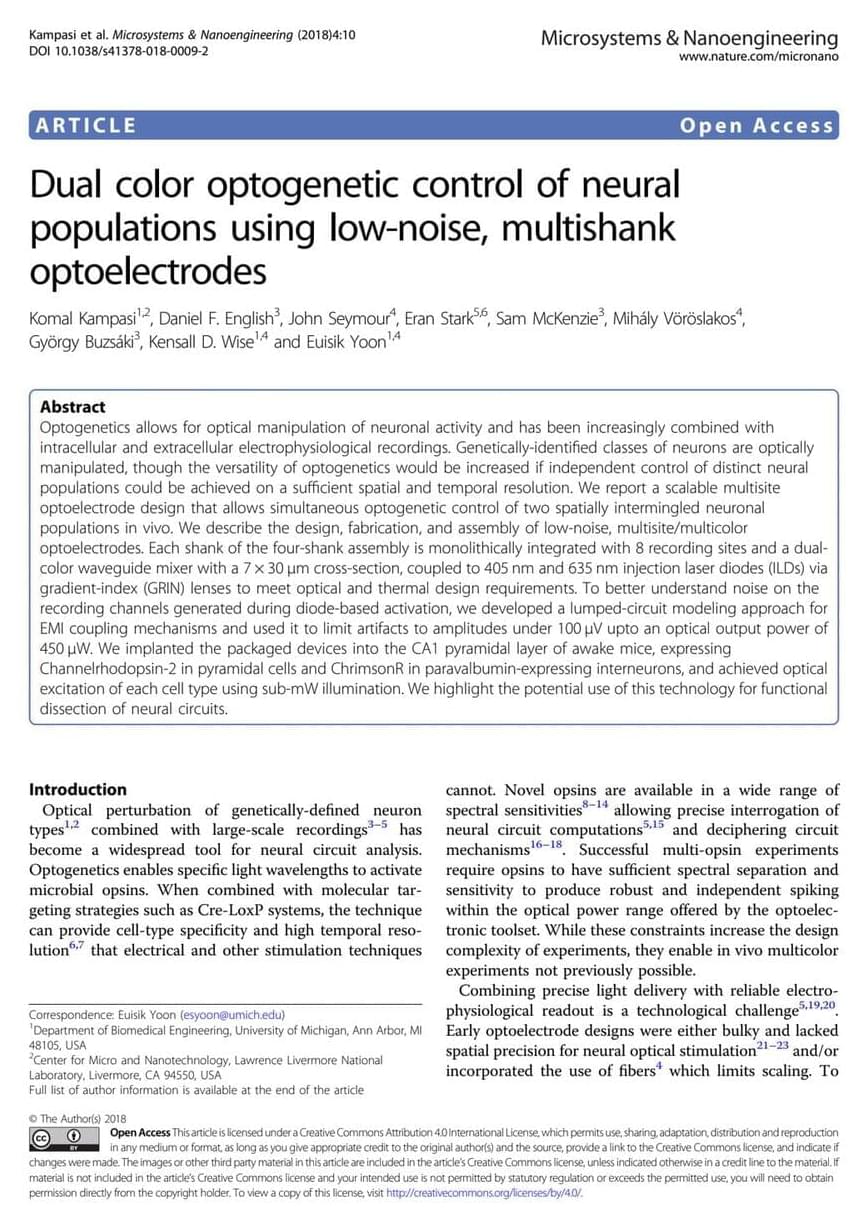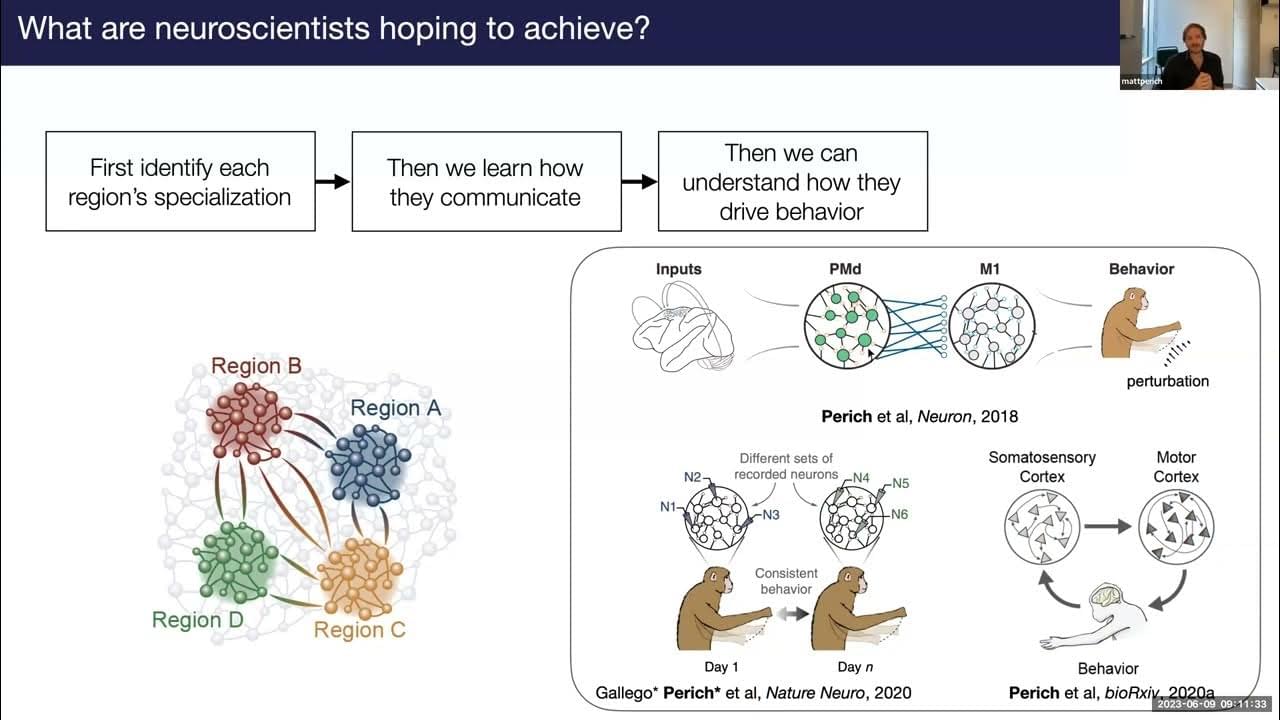Dec 25, 2023
Reframing employee health: Moving beyond burnout to holistic health
Posted by Kelvin Dafiaghor in categories: biotech/medical, health, neuroscience
For most adults, the majority of waking daily life is spent at work. That offers employers an opportunity to influence their employees’ physical, mental, social, and spiritual health.
To support the move to better health, the McKinsey Health Institute (MHI), along with other organizations such as the World Health Organization (WHO), are highlighting a more modern way to view health beyond illness and its absence.1 Adding years to life and life to years, McKinsey, March 29, 2022; A 2022 MHI survey on global health perspectives found that more than 40 percent of respondents who reported having a disease still perceived their health as good or very good, while more than 20 percent of those who reported no disease said they were in fair, poor, or very poor health. Embracing the concept of holistic health—an integrated view of an individual’s mental, physical, spiritual, and social functioning2 Previous work from MHI has defined each dimension of health in detail. For more details, see Adding years to life and life to years. Using this definition means that we emphasize “functioning.

